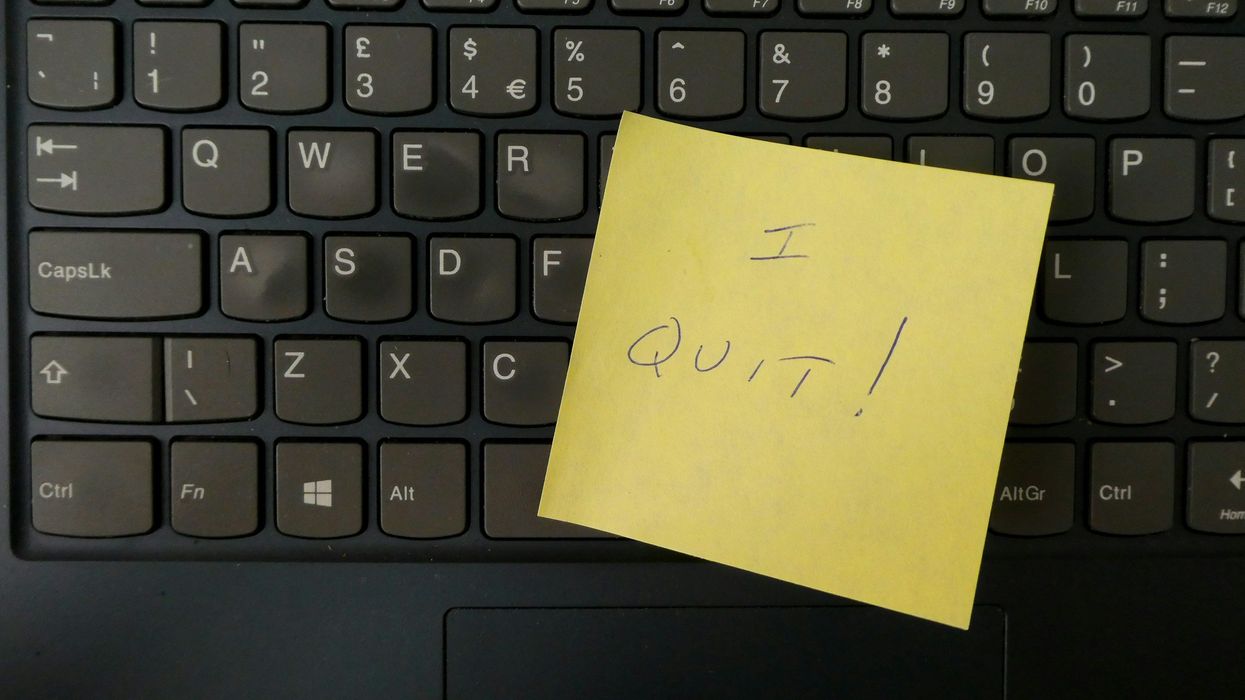At least in the United States, the tan suit could nearly be considered an institution of its own at this point. The beige two-piece would seem a safe, harmless choice for appropriate professional wear.
But history has shown it is anything but harmless.
In 2014, Barack Obama wore a tan suit during a press conference. He was blasted left and right by trolls and jokesters all over Twitter.
In addition to Twitter digs, some formal condemnations were even launched at Obama, firmly placing the tan suit into scandal territory.
BuzzFeed News reported that Republican Rep. Peter King, of New York, alleged that Obama's suit choice suggested inept foreign policy leadership:
"There's no way any of us can excuse what the president did yesterday."
"When you have the world watching... a week, two weeks of anticipation of what the United States is gonna do. For him to walk out — I'm not trying to be trivial here — in a light suit, light tan suit, saying that first he wants to talk about what most Americans care about the revision of second quarter numbers on the economy."
And now, six years later, Senate Republican Majority Leader Mitch McConnell has learned just how far the American public's collective memory goes back.
McConnell recently wore a tan suit while attending a meeting with President Trump in the Oval Office. Many viewed the wardrobe choice as a glaring example of hypocrisy after Republican lawmakers scandalized Obama for the same decision just a few years before.
Before the McConnell-blasting really hit its stride, The Daily Show was kind enough to bring us all up to speed on the context.
And true to form, Twitter leaped at the chance to call McConnell out.
For some, simply wearing the loaded color was not McConnell's only transgression.
Others took the opportunity to point out what they felt was really driving the double standard.
In the year 2020, a scandal like this one is almost refreshing for its low-stakes nature.
It's a reminder that while the internet is indeed a powerful tool for information gathering, spreading, and social mobilization, it is also the bastion of over-dramatic, tongue and cheek controversy.



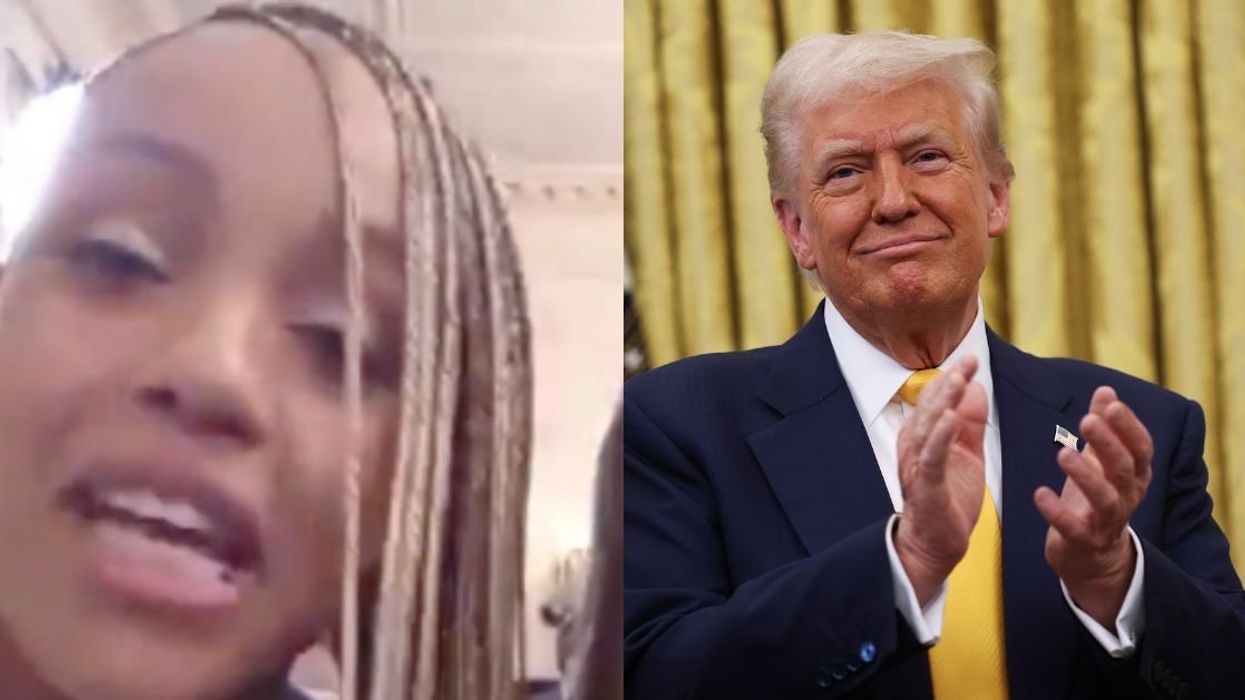
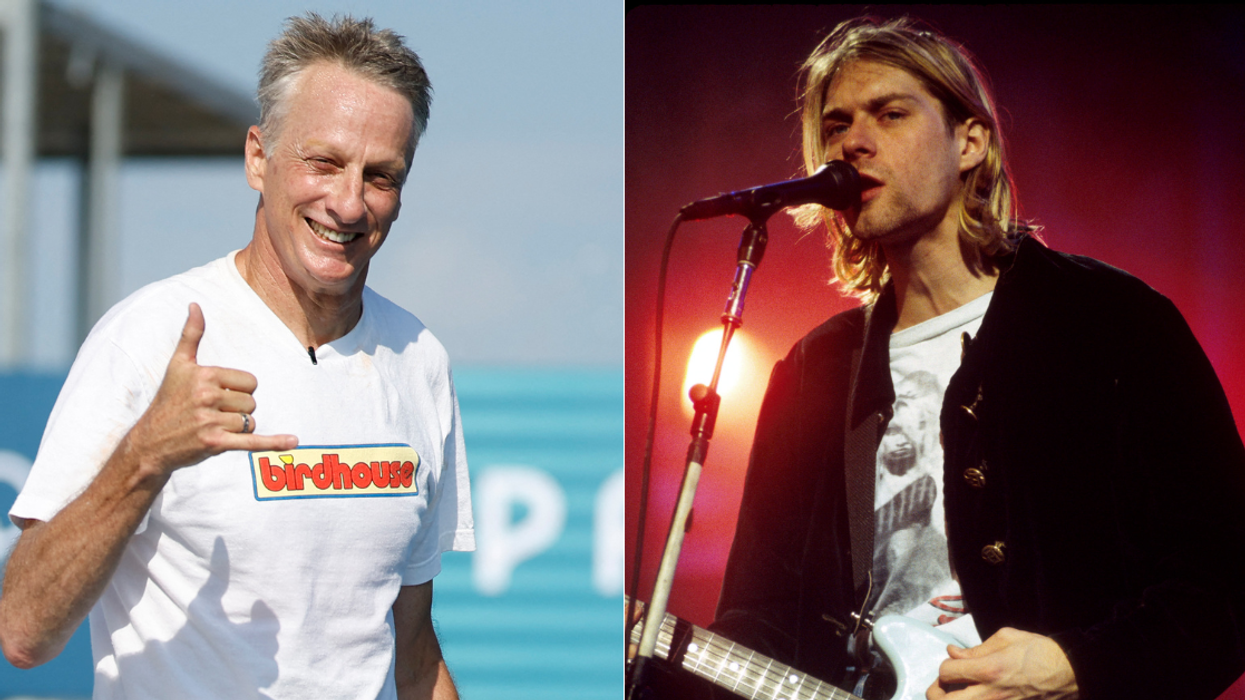
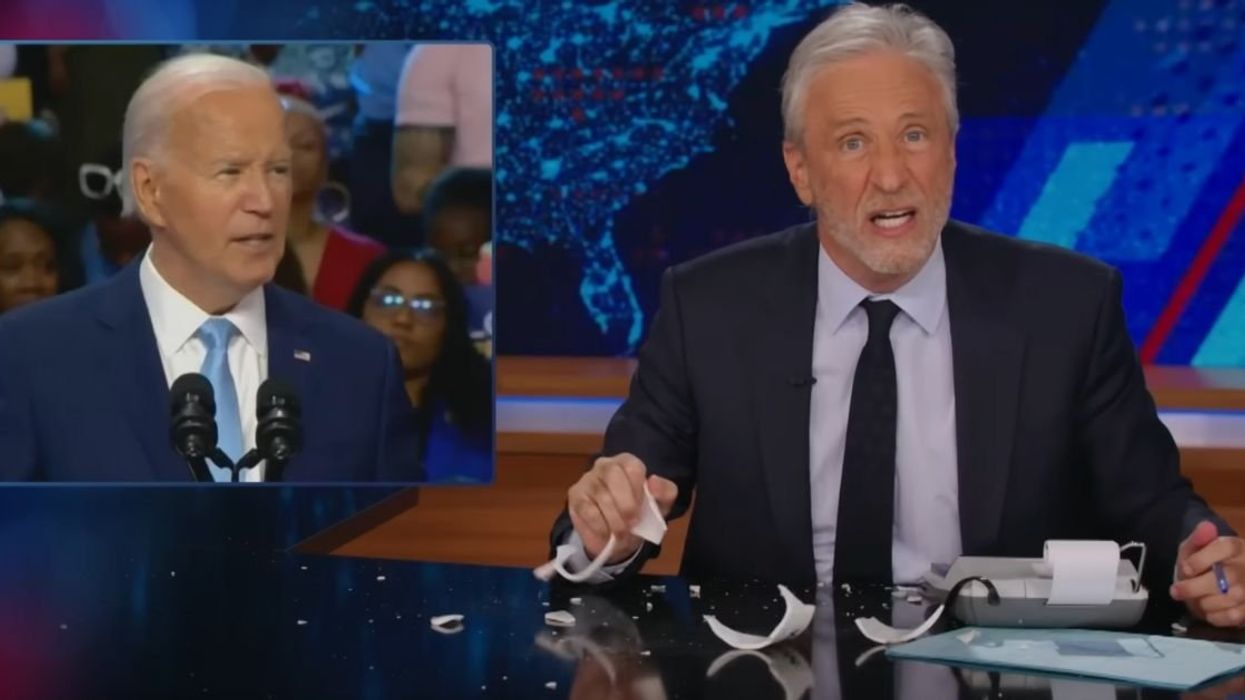

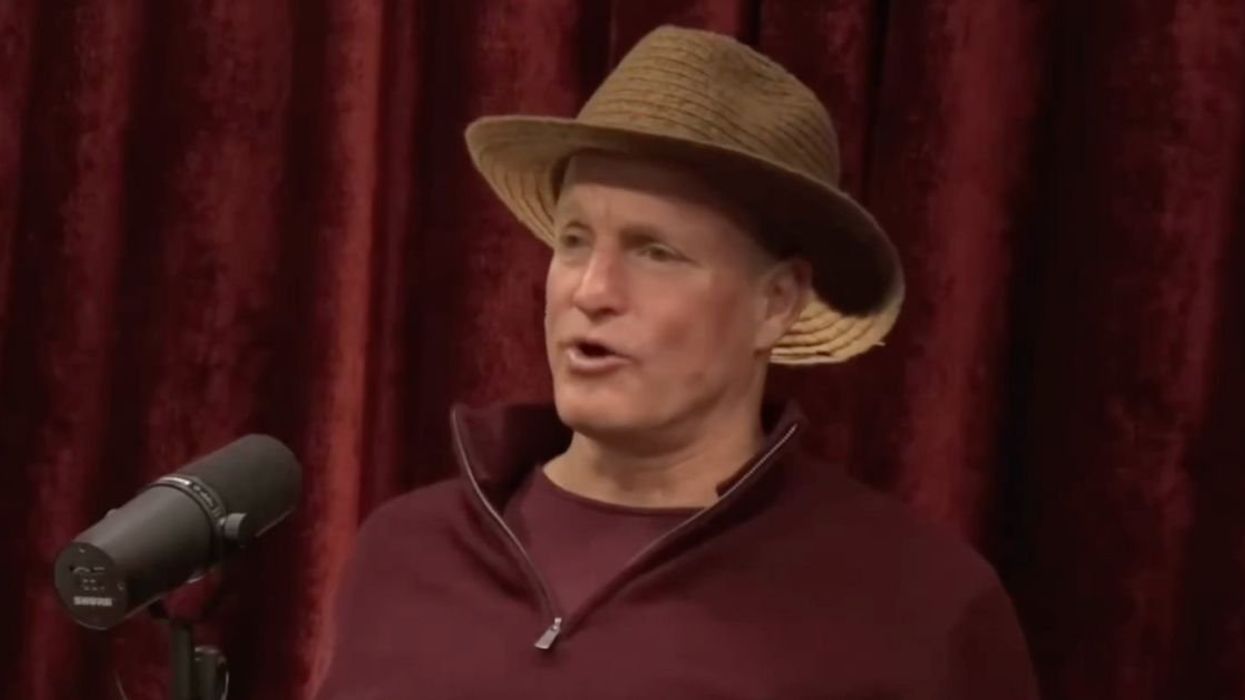
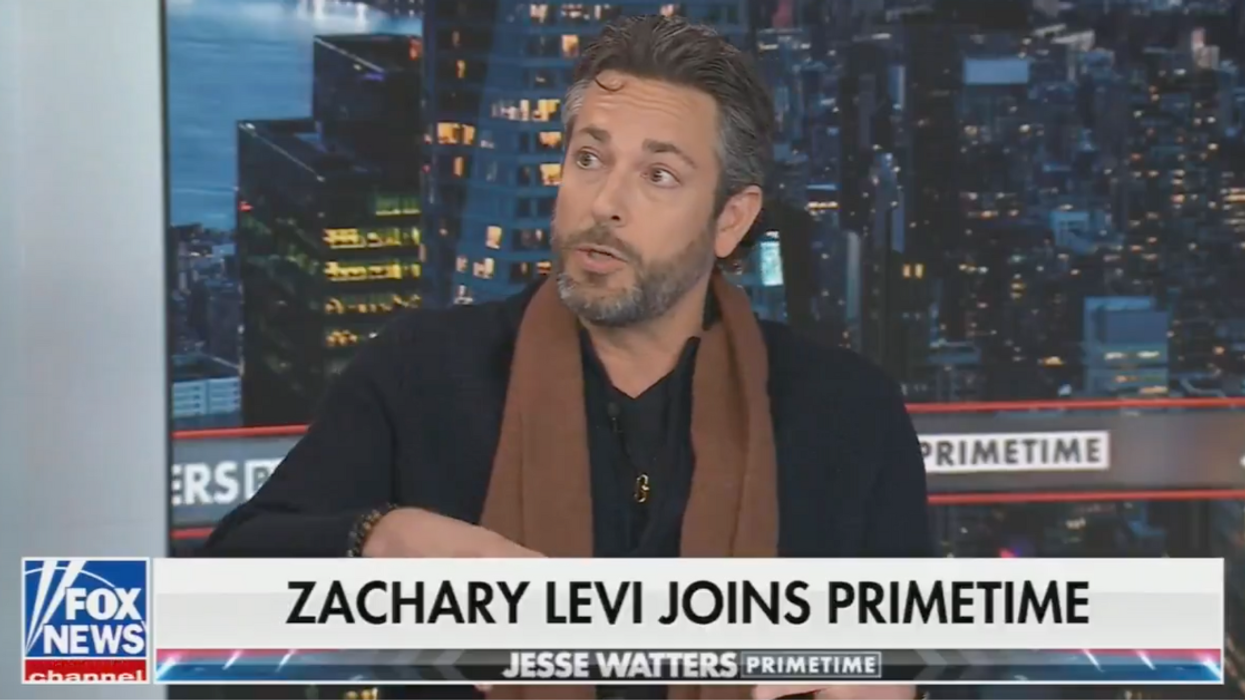
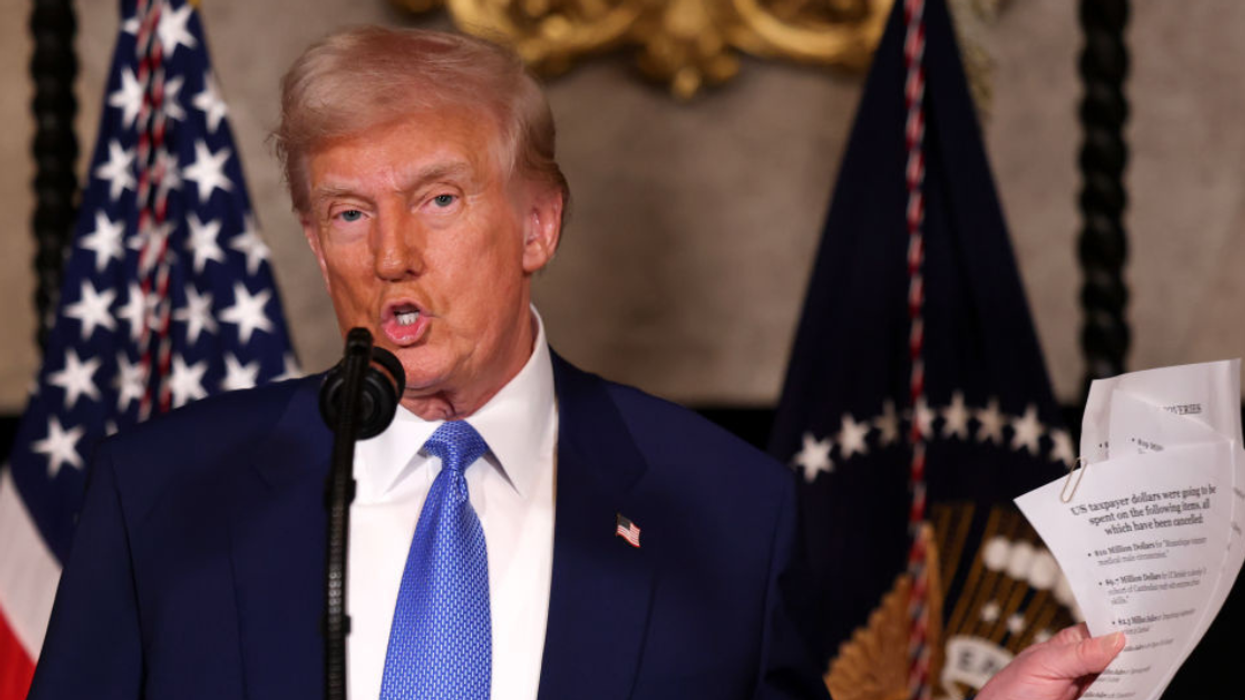
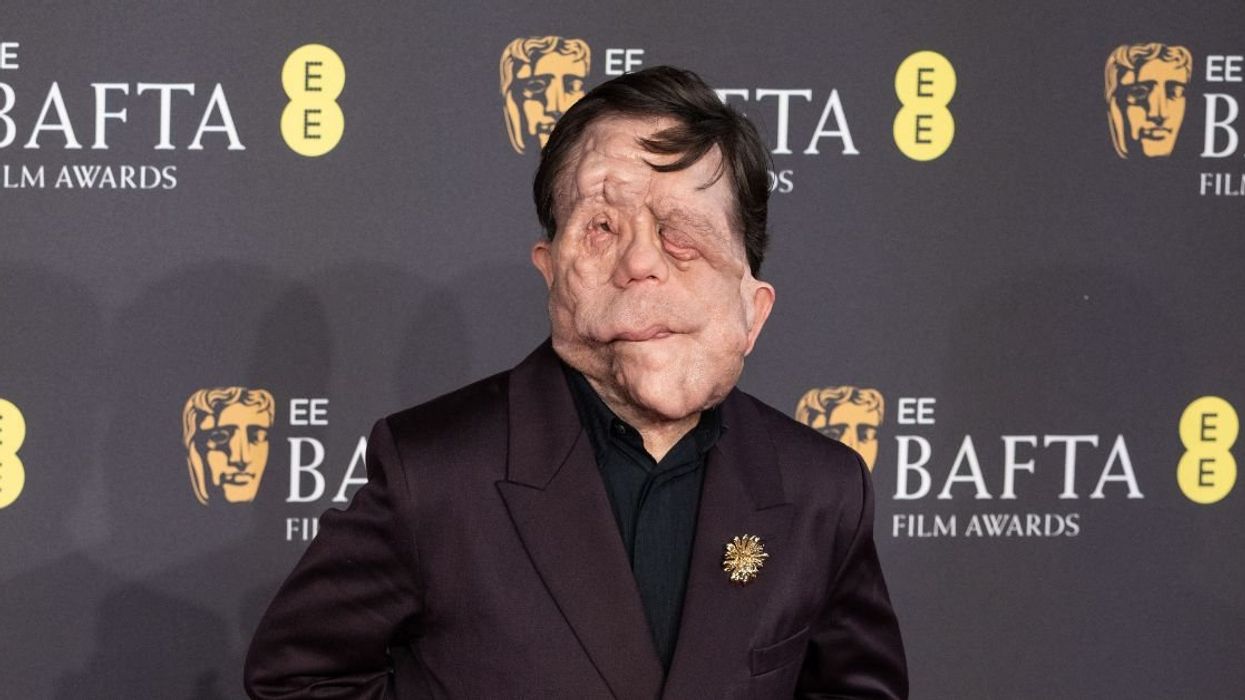
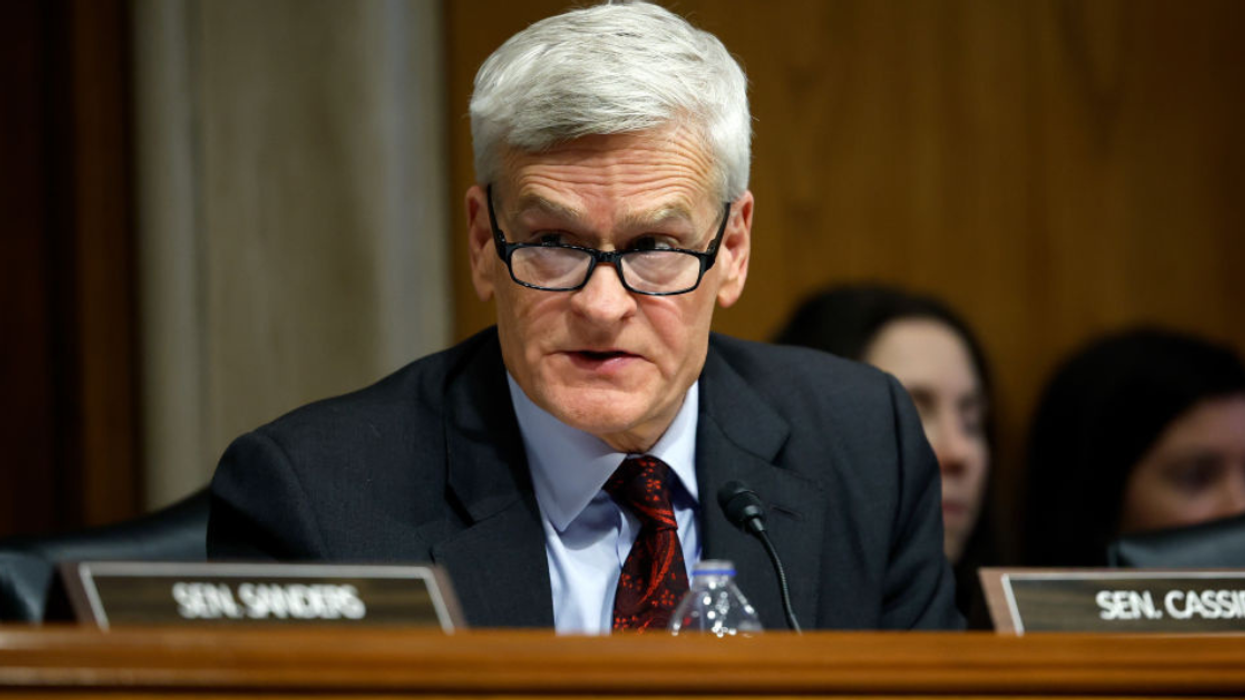
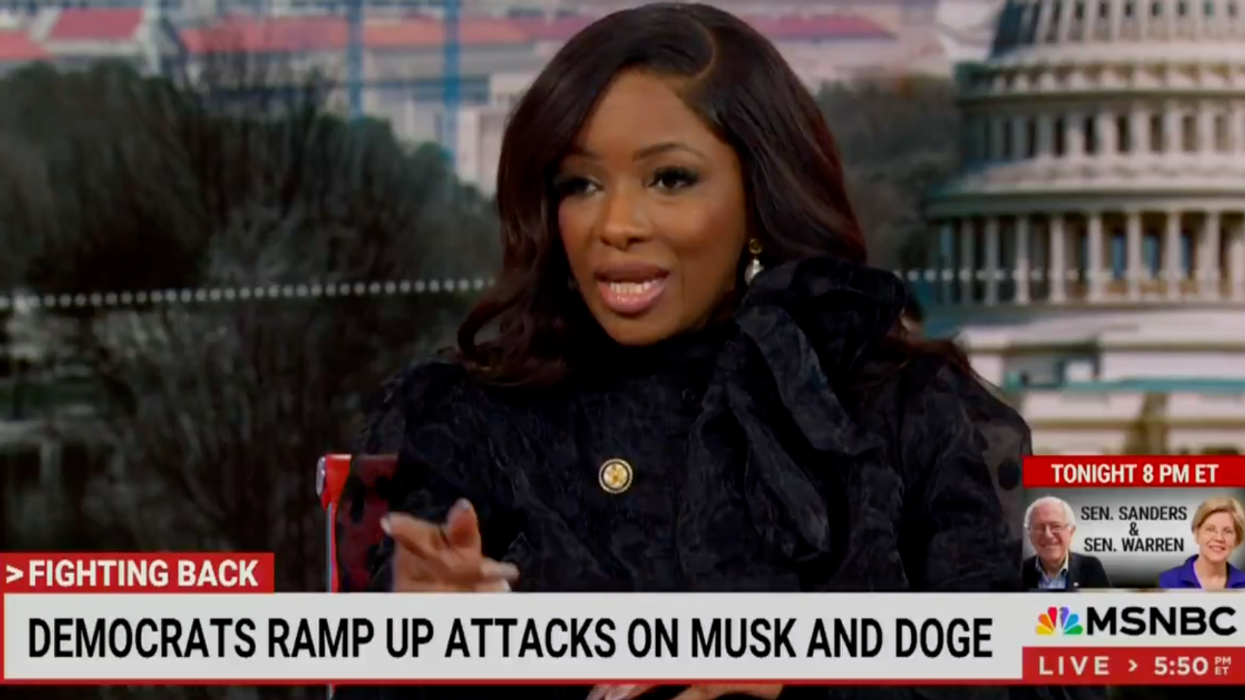
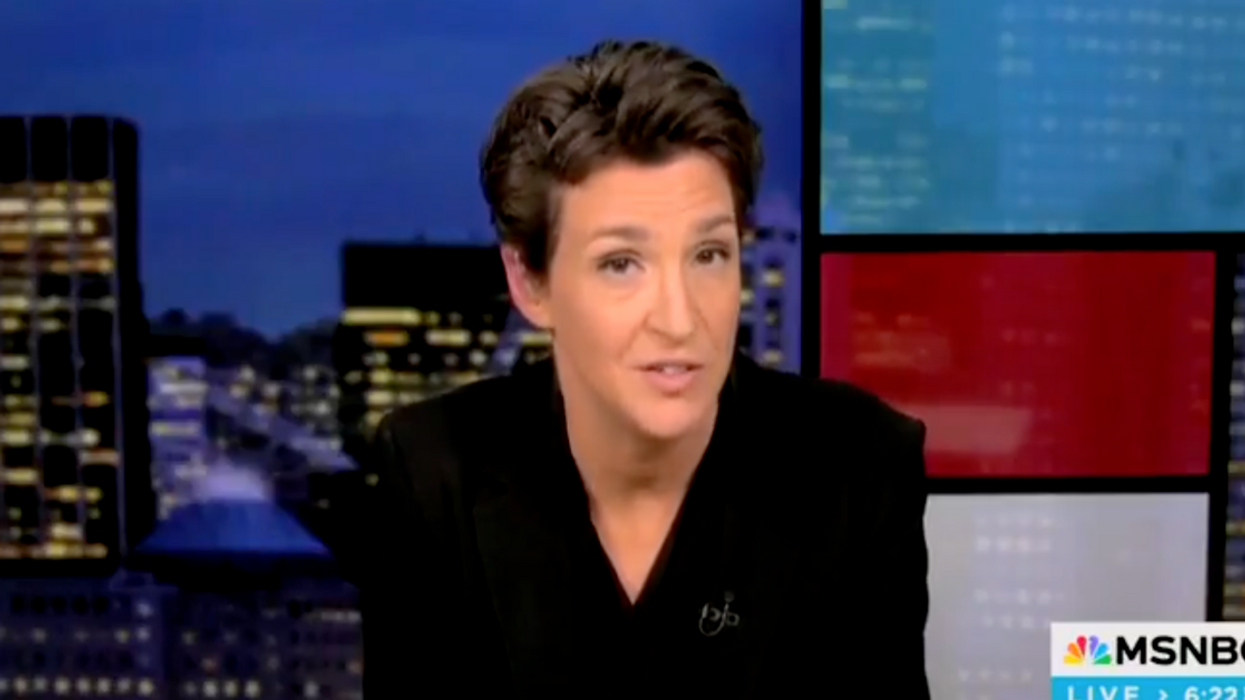
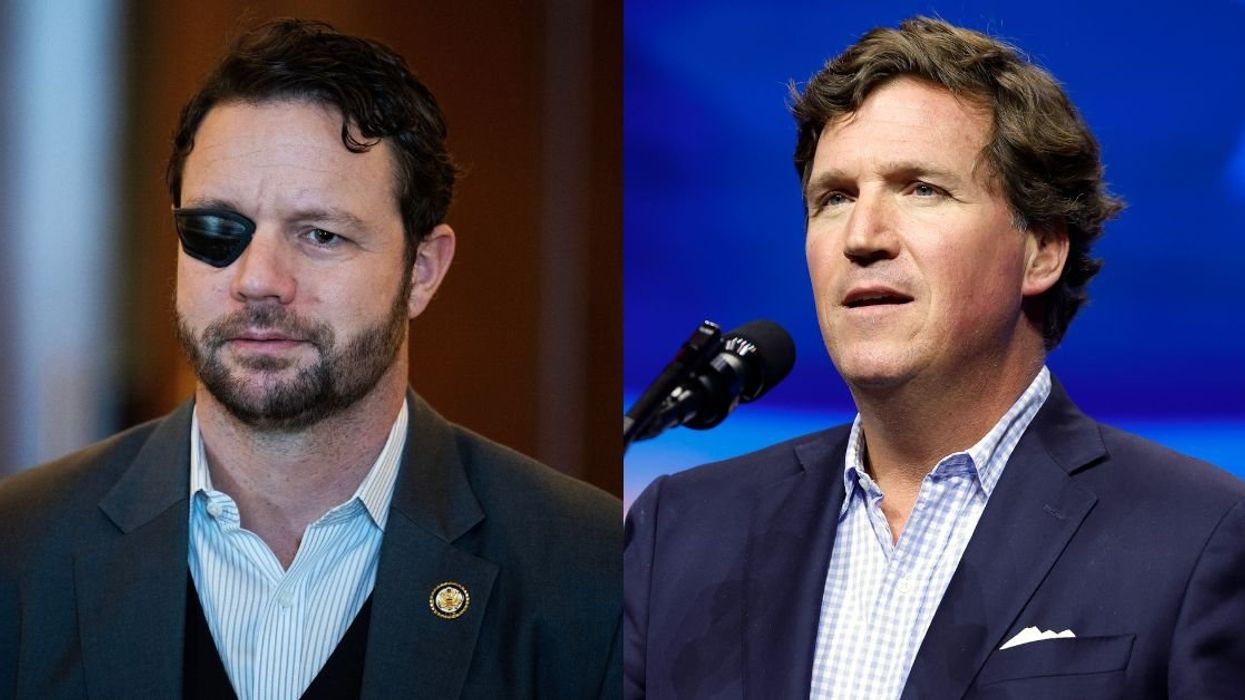
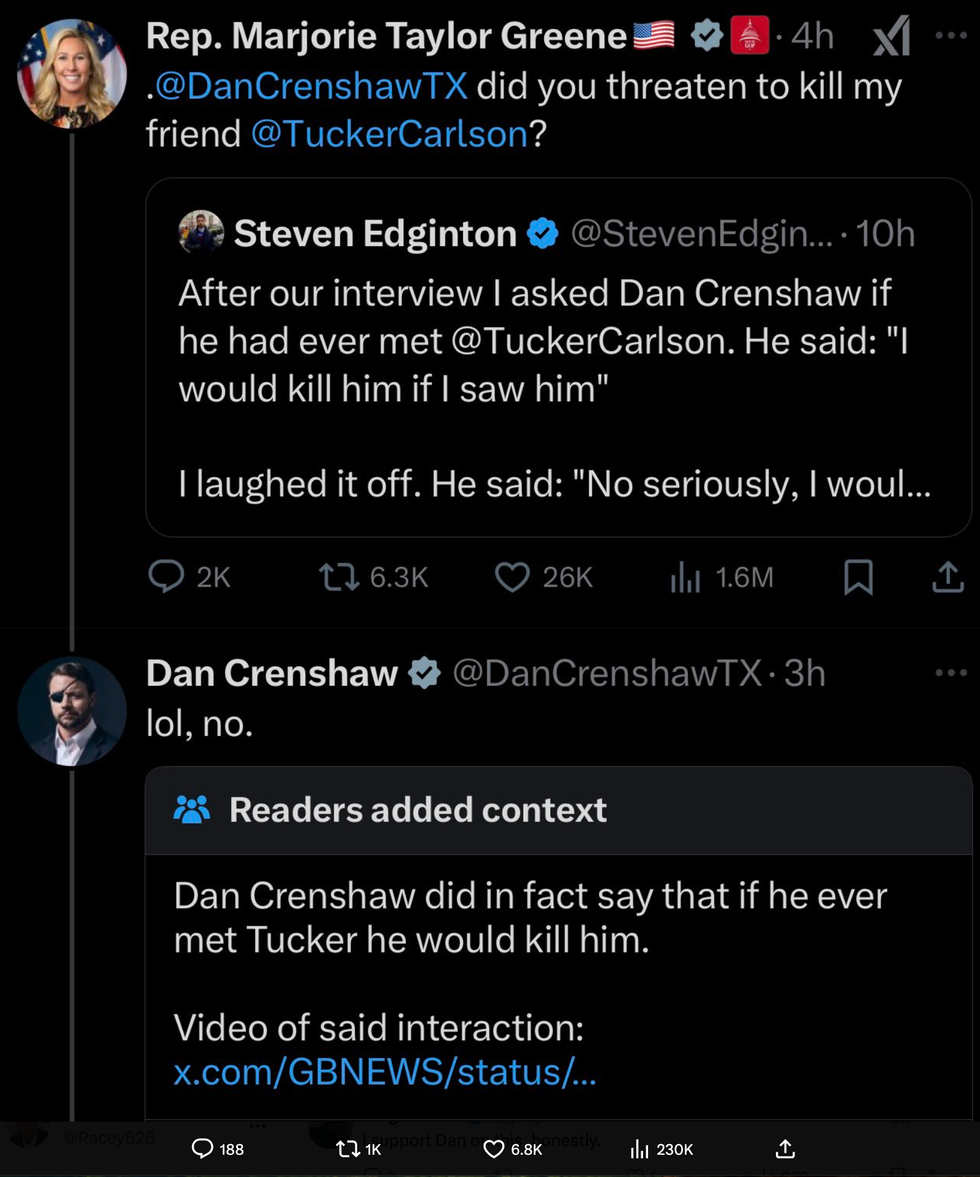 @RonFilipkowski/X
@RonFilipkowski/X